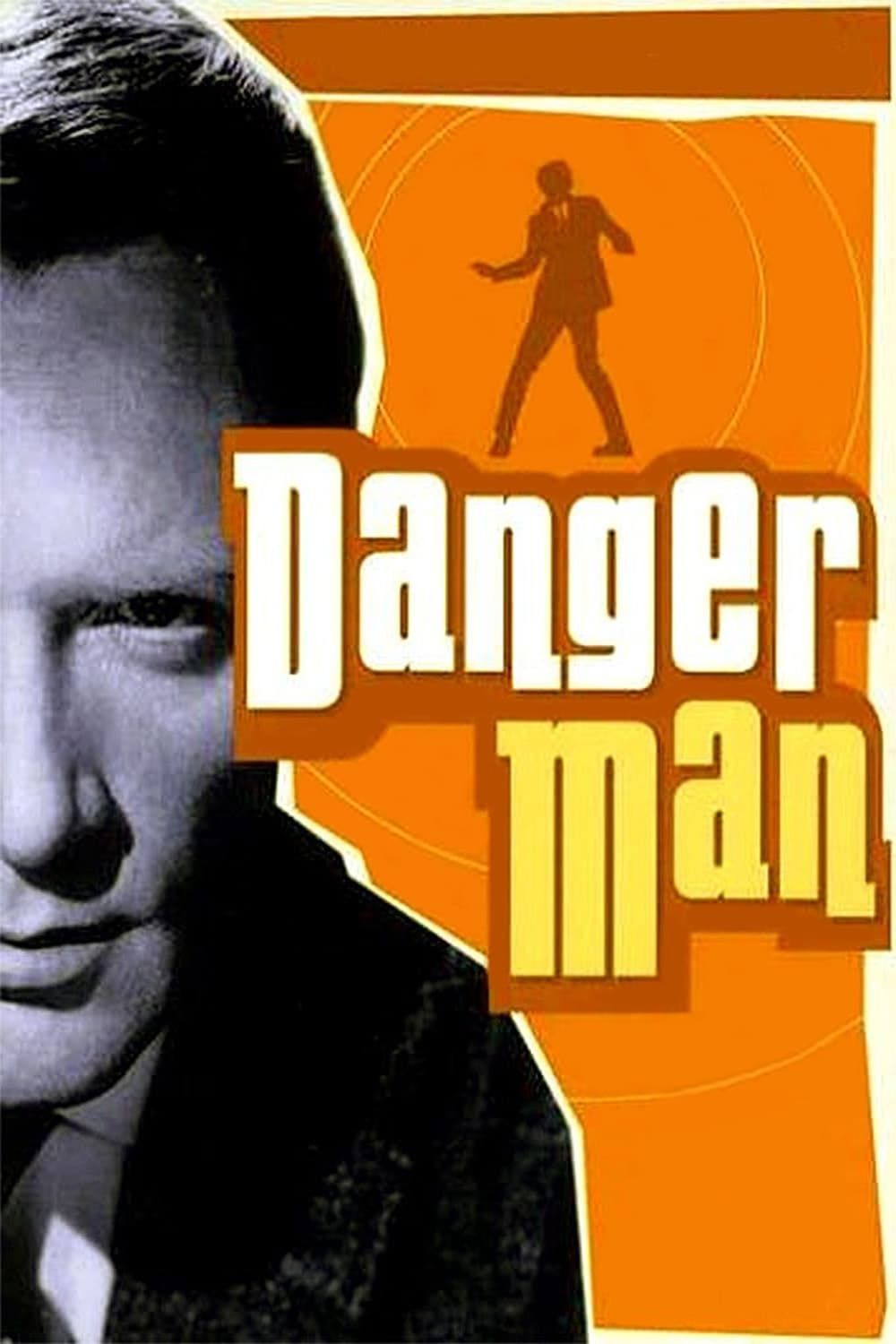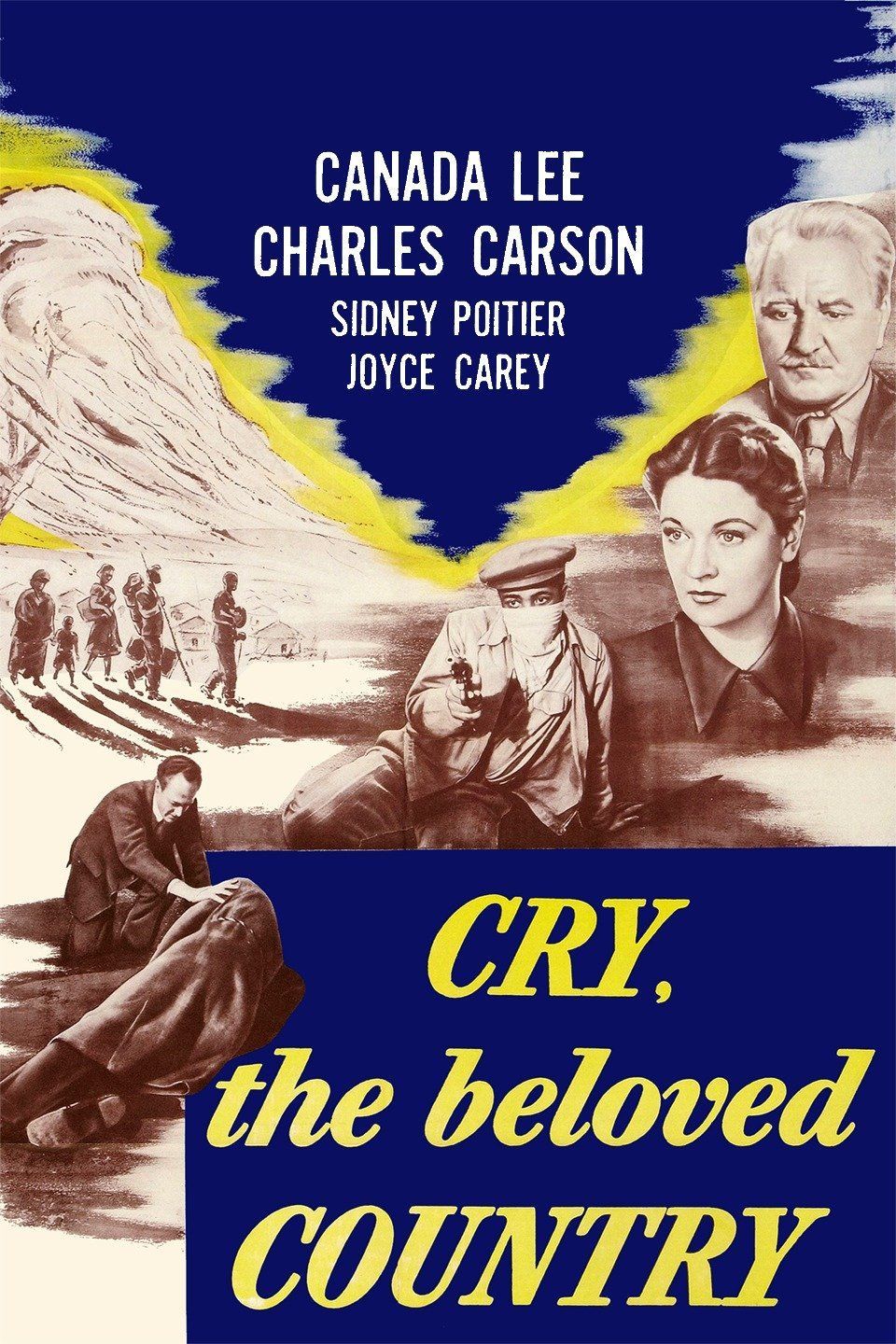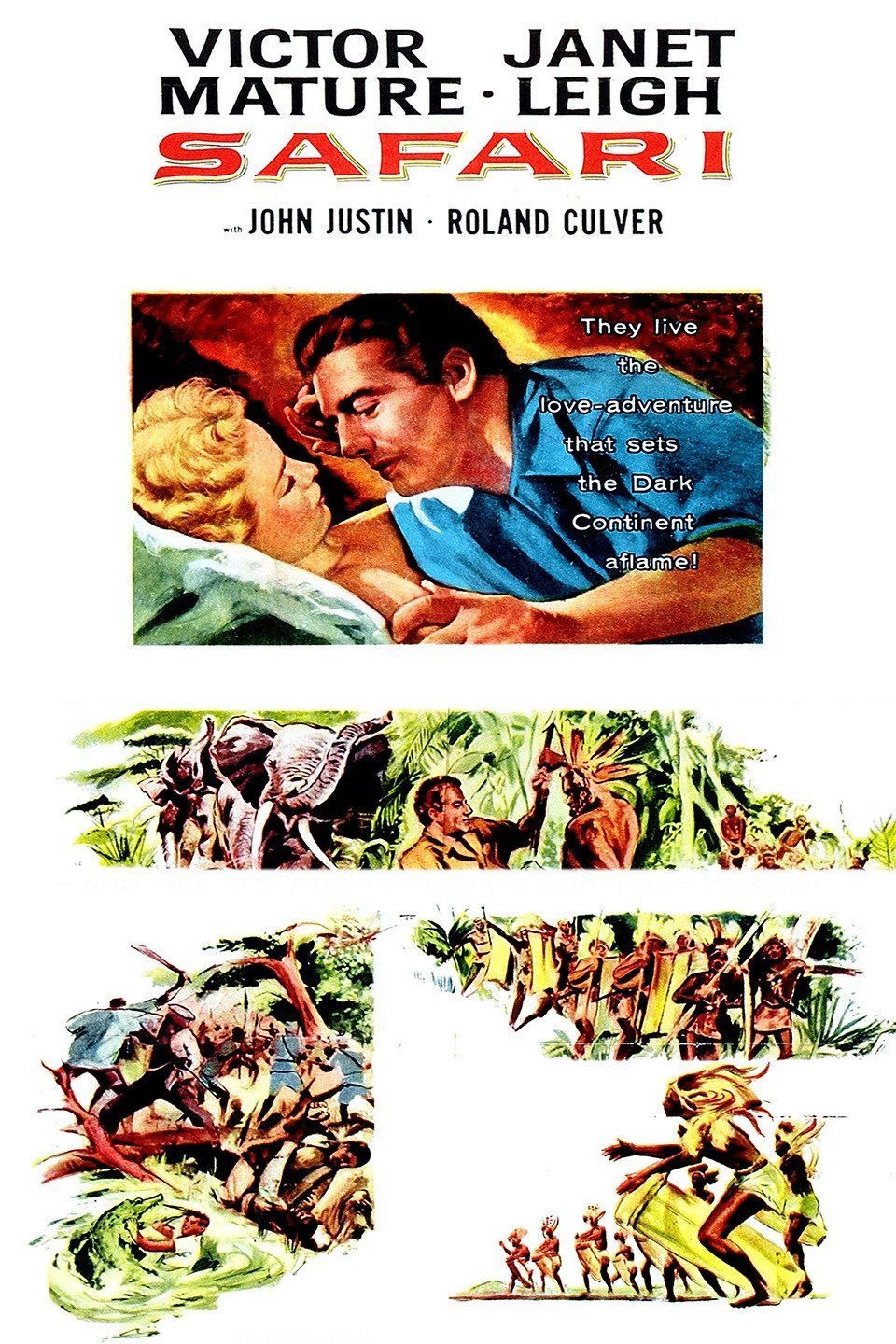LN

Lionel Ngakane
Actor, Director, Writer
Born July 17, 1928Died November 26, 2003 (75 years)
Lionel Ngakane (17 July 1928 – 26 November 2003) was a South African filmmaker and actor, who lived in exile in the United Kingdom from the 1950s until 1994, when he returned to South Africa after the end of apartheid. His 1965 film Jemima and Johnny, inspired by the 1958 "race riots" in Notting Hill, London, won awards at the Venice and Rimini film festivals. In the 1960s, Ngakane was a founding member of the Pan African Federation of Filmmakers (FEPACI) and Fespaco, the Panafrican Film and Television Festival of Ouagadougou (FESPACO).
Ngakane was born in Pretoria, South Africa.[2] In 1936, his family and he moved to the Sophiatown neighbourhood of Johannesburg. His father (a teacher) set up a hostel with Alan Paton, author of the 1948 novel Cry, The Beloved Country. Ngakane was educated at Fort Hare University College and the University of Witwatersrand, and worked on Drum and Zonk magazines from 1948 to 1950. In 1950, he began his career in film as an assistant director and actor in the film version of Cry, the Beloved Country (1951), directed by Zoltan Korda. Shortly thereafter, Ngakane went into exile in the United Kingdom.
As an actor, he appeared in films, including The Mark of the Hawk in 1957 (with Eartha Kitt), on television — Quatermass and the Pit (1958) and the spy series Danger Man (Deadline, 1962) with Patrick McGoohan, and on stage — in Errol John's Moon on a Rainbow Shawl,[5] and Wole Soyinka's play The Lion and the Jewel at the Royal Court Theatre in 1966.[6]
Ngakane returned to South Africa after the end of apartheid in 1994.
He is best remembered for his short film Jemima and Johnny (1965), inspired by the 1958 "race riots" in Notting Hill, London. It won awards at the Venice and Rimini film festivals. He also directed documentaries on apartheid and African development. He was honorary president of the Pan African Federation of Filmmakers (FEPACI), which organization he had originated in 1967 as a lobbying group for the support of African filmmakers.[2]
He died in Rustenburg, South Africa, in 2003, aged 75.
Ngakane was born in Pretoria, South Africa.[2] In 1936, his family and he moved to the Sophiatown neighbourhood of Johannesburg. His father (a teacher) set up a hostel with Alan Paton, author of the 1948 novel Cry, The Beloved Country. Ngakane was educated at Fort Hare University College and the University of Witwatersrand, and worked on Drum and Zonk magazines from 1948 to 1950. In 1950, he began his career in film as an assistant director and actor in the film version of Cry, the Beloved Country (1951), directed by Zoltan Korda. Shortly thereafter, Ngakane went into exile in the United Kingdom.
As an actor, he appeared in films, including The Mark of the Hawk in 1957 (with Eartha Kitt), on television — Quatermass and the Pit (1958) and the spy series Danger Man (Deadline, 1962) with Patrick McGoohan, and on stage — in Errol John's Moon on a Rainbow Shawl,[5] and Wole Soyinka's play The Lion and the Jewel at the Royal Court Theatre in 1966.[6]
Ngakane returned to South Africa after the end of apartheid in 1994.
He is best remembered for his short film Jemima and Johnny (1965), inspired by the 1958 "race riots" in Notting Hill, London. It won awards at the Venice and Rimini film festivals. He also directed documentaries on apartheid and African development. He was honorary president of the Pan African Federation of Filmmakers (FEPACI), which organization he had originated in 1967 as a lobbying group for the support of African filmmakers.[2]
He died in Rustenburg, South Africa, in 2003, aged 75.
Filmography
| 1983 | Johnny Jarvis (TV Series) · as Mr. Casson |
| 1978 | Bless Me, Father (TV Series) · as Mr. Ofori |
| 1977 | The Squeeze · as West Indian |
| 1975 | Kim & Co. (TV Series) · as Masutu |
| 1970 | Play for Today (TV Series) · as Mokwe |
| 1969 | Two Gentlemen Sharing · as Bill |
| 1965 | Play of the Month (TV Series) · as Cabinet Secretary |
| 1965 | The Troubleshooters (TV Series) · as Mbogo |
| 1964 | Theatre 625 (TV Series) · as Ofodile |
| 1963 | Love Story (1963) (TV Series) · as Herbert Carter |
| 1962 | Murder Can Be Deadly · as Barman |
| 1962 | Z Cars (TV Series) · as Apricot |
| 1961 | Nothing Barred · as Convict |
| 1961 | Flame in the Streets · as Sam |
| 1961 | Drama 61-67 (TV Series) · as Wellington |
| 1961 | The Night We Got the Bird · as Porter |
| 1960 | The Cheaters (1960-62) (TV Series) · as Bartender |
| 1960 | Danger Man (TV Series) · as Moses Amadu |
| 1960 | Piccadilly Third Stop · as Porter |
| 1960 | Suspense (TV Series) · as Barman |
| 1960 | Man from Interpol (TV Series) · as Regent |
| 1960 | BBC Sunday-Night Play (TV Series) · as Tom |
| 1960 | Ali and the Camel · as Cast |
| 1959 | Probation Officer (TV Series) · as Mike |
| 1958 | Quatermass and the Pit (TV Series) · as Workman |
| 1958 | Elephant Gun · as Nimrod |
| 1957 | The Mark of the Hawk · as African Doctor |
| 1957 | Across the Bridge · as Second Train Attendant |
| 1957 | Emergency-Ward 10 (TV Series) · as Joseph Shepherd |
| 1956 | Odongo: An Adventure of the African Frontier · as Leni's Brother |
| 1956 | Safari · as Makora |
| 1955 | ITV Play of the Week (TV Series) · as Absolom |
| 1955 | Dixon of Dock Green (TV Series) · as Jumble |
| 1954 | Duel in the Jungle · as Servant |
| 1953 | Douglas Fairbanks, Jr. Presents (TV Series) · as Robert |
| 1951 | Cry, the Beloved Country · as Absolom Kumalo |
| 1950 | Sunday Night Theatre (TV Series) · as Corey Sims |







